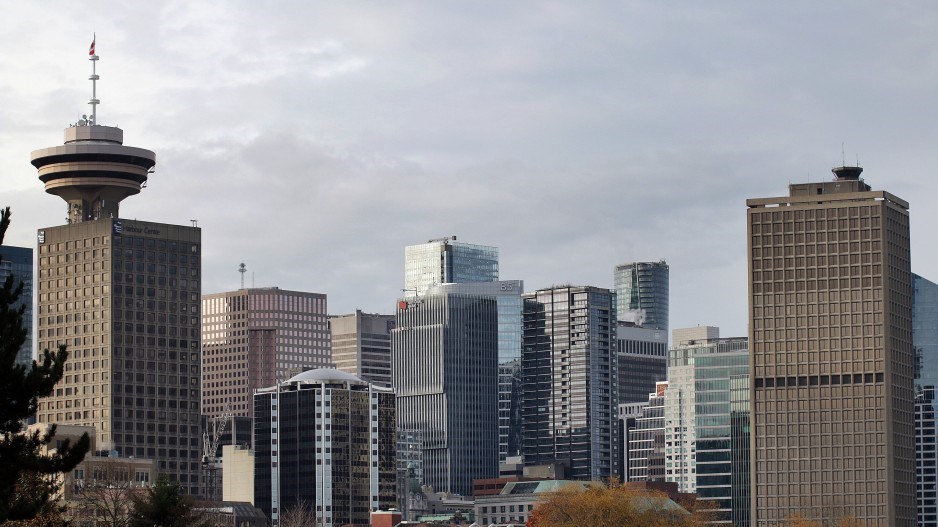The launch of a Land Owner Transparency Registry that's been touted as a critical anti-money laundering tool has been delayed for a year due in part to poor communication by the provincial government, say B.C. lawyers.
The Canadian Bar Association requested the filing deadline delay in an open letter to the B.C. Ministry of Finance, stating that reporting entities — such as trusts, corporations and partnerships — have been caught off guard due to "insufficient" communication by the government.
The communication issues, coupled with the pandemic and complexity around the groundbreaking law to register what's known as "beneficial land ownership", have had lawyers scratching their heads.
What is beneficial land ownership?
Beneficial landowners, according to the government, include corporation shareholders, indirect controlling shareholders, and trust beneficiaries. Only shareholders who hold 10% or more of the company need to be disclosed, which raises transparency questions about companies with more than 10 evenly distributed shareholders.
Since November 30, 2020, all real estate transactions have required a $5 transparency declaration. If there are beneficial owners in place, then a $35 transparency report that identifies the full name, city and country of principal residence and social insurance numbers of all interest holders is also required.
The entities will now have until November 30, 2022, to file a transparency report, the ministry stated Tuesday. According to the association, lawyers have had a difficult time interpreting what a beneficial owner may be.
"There has been a lack of meaningful guidance to legal professionals through authoritative policy statements by the ministry regarding the interpretation and application of the Act," the association states in a press release.
"Even today, after nearly a year of [Land Owner Transparency Act] being enacted, there remains little, if any, the consensus among legal professionals regarding the correct interpretation of a number of LOTA provisions."
What changes under the new registry?
Prior to the registry being formed, a land title search would only show a numbered company. The publicly searchable registry will now show the names of those behind the company.
The public will need to pay $5 for each search of a company or applicable property. Personal information, such as residency and tax numbers, will only be viewable by law enforcement and certain financial regulators.
How will the registry be enforced?
Penalties of up to $25,000 for an individual, or $50,000 for a corporation, or 5% of the property's assessed value—whichever is greater, may apply for failing to register or lying on the registry.
The association is asking for further clarity on enforcement, which ministry officers will conduct, the government claims. Officers may make rulings and determinations concerning compliance, including in situations where they've conducted home inspections with a search warrant.
Ron Usher, general counsel for the Society of Notaries Public of British Columbia, told Glacier Media enforcement remains a questionable aspect of the registry.
He said at the very top end of criminal activity, the "serious bad guys," the registry would not prevent handshake agreements among beneficiaries and nominee owners. However, Usher said the registry should provide the Canada Revenue Agency with a new tool to enforce real estate tax compliance.
And, said Usher, "sometimes the absence of filing will work against people."
With rising instances of Baby Boomer parents handing cash to their adult children to buy property, Usher said the registry could provide clarity in family disputes that may arise.
How did this registry come about?
The B.C. government asserts the registry "is the first of its kind in Canada and the only beneficial registry of land in the country."
It further notes that the registry not only addresses the Expert Panel on Money Laundering in B.C. Real Estate, but also addresses concerns around the lack of transparency regarding beneficial land ownership during property transactions that were raised by the Dirty Money - Part 2 Report.
"The Land Owner Transparency Registry is part of a broad approach to help end hidden ownership that includes the speculation and vacancy tax, updating property transfer tax returns, ending bearer shares, establishing transparency registers for B.C. corporations, establishing the Condo and Strata Assignment Registry, and establishing a federal-provincial working group on tax fraud and money laundering."




